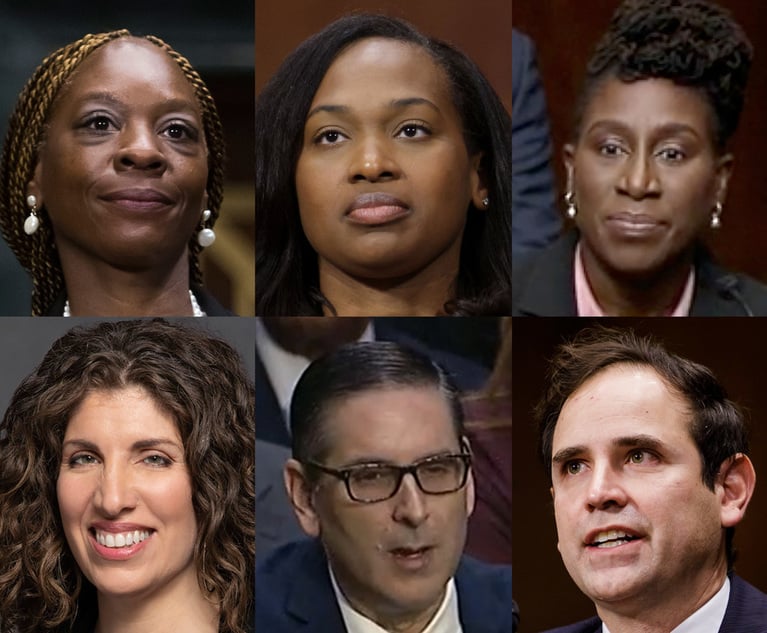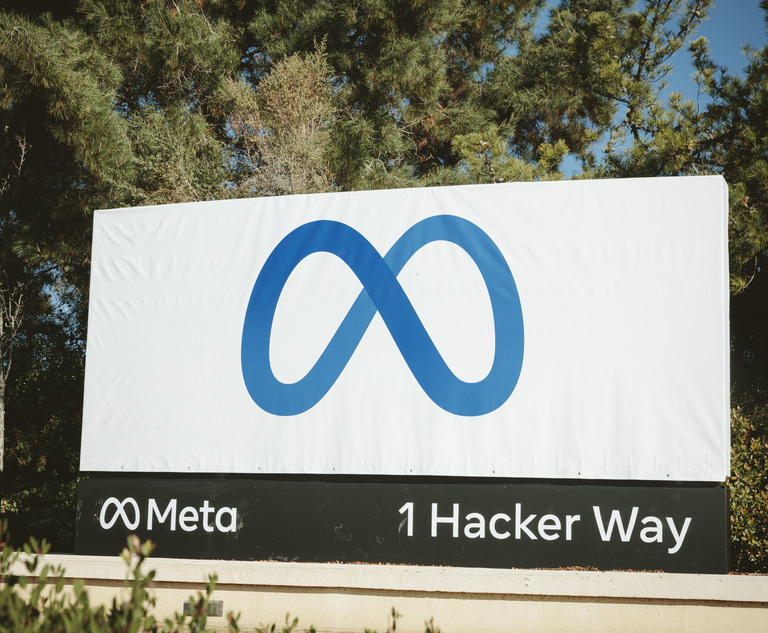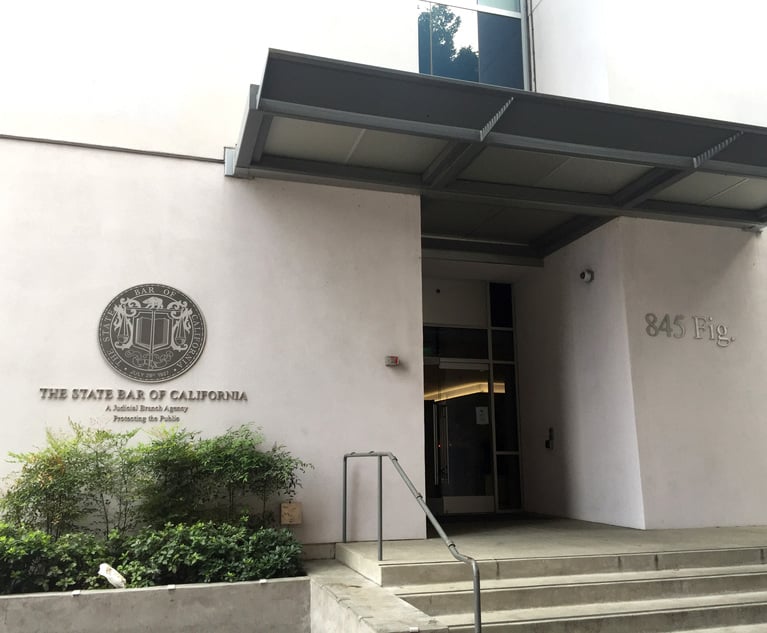The California Supreme Court this week declined to take up a decision which found that the State Bar didn’t have to hand over certain demographic information about bar exam takers.
The court on Wednesday denied a petition to review an August decision from the First District Court of Appeal, which found that California’s public records law does not obligate a public agency such as the Bar to manipulate data in existing documents to comply with document requests. San Francisco Superior Court Judge Mary Wiss had ruled in November 2016 that the Bar didn’t have to disclose data about bar exam applicants because privacy interests “clearly” outweighed the public’s interest in seeing demographic information and scores.
Leah Wilson, executive director of the State Bar of California, said in an email statement that the organization was “very pleased” with the decision.
“The State Bar has a duty to protect the privacy and anonymity of Bar applicants and their personal information, including their race, ethnicity, law school, grade point average, LSAT scores and bar exam scores,” Wilson said.
The ruling is a setback for the plaintiff, UCLA professor Richard Sander. For about a decade, Sander and nonprofit First Amendment Coalition have litigated with the bar for what they say would be anonymized data used for research. The California Supreme Court previously ruled in 2013 that the public has a common-law right to the data, as long as it could be provided without violating bar candidates’ privacy rights and the bar could show no outsized “countervailing interest.”
Sander, who studies racial preference in admissions processes, has argued that affirmative action hurts those it intends to benefit by placing students in positions for which they are underqualified. He filed a lawsuit in state court Thursday seeking information on the University of California system’s consideration of race within the admissions process.
Sander referred a request for comment to his lawyer, Jean-Paul Jassy of Jassy Vick Carolan. Jassy said he was disappointed with the decision, but that it was very narrow in scope. “The Supreme Court supervises the State Bar, and I believe Sander and others who are concerned about this issue will try to persuade the Supreme Court, in its supervisory role, to direct the State Bar to conduct the studies that Sander and FAC think are so important,” said Jassy in an email Friday.
David Snyder, the executive director of the FAC, on Friday called the State Bar “one of the most powerful and secretive agencies in the state” and said that it’s “in need of greater transparency.”
“Without these records, the people of California are deprived of a meaningful way to independently assess whether the State Bar is meeting its stated objectives,” Snyder said. “While this particular effort to create greater transparency at the State Bar has now ended, we are confident that ultimately the facts will come out.”


 Earl Warren State Building, Califorinia State Supreme Court. (Jason Doiy/The Recorder)
Earl Warren State Building, Califorinia State Supreme Court. (Jason Doiy/The Recorder)




